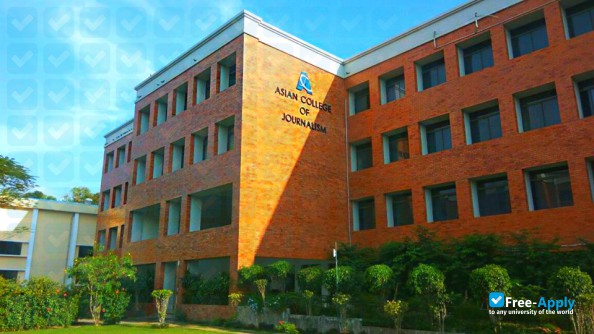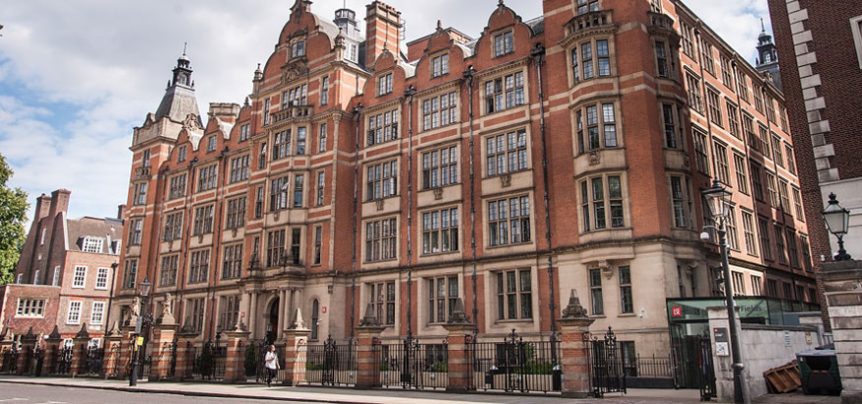Do you have any early memories of being attracted to the arts?
My earliest memory of anything to do with arts and writing is of my mother. She was a writer who quit her job as a Biology lecturer to raise three children. She would write devotional songs in her diaries and every weekend, we would have some sort of gathering where she would sing along with a musical instrument.
I can also remember sitting on a swing, hanging from a guava tree in my backyard, and something poetic came to me and I just sang. I realised then that it wasn’t just my mum; that I could do it too.
You grew up in India. Is it reasonable to say that music, song and poetry are an essential part of cultural life?
Certainly it is very much part of the culture. Bollywood films, for example, is something that everyone tunes into. We grow up with that kind of popular cinema. It is heavily musical. Everywhere you go, you can hear the music of Bollywood playing, on the streets, in restaurants and pubs, or in your house.
My mother sings beautifully, she was the artistic element in our house. My father had the career as a judge and he is a very dry person, in the sense that he is into news and policy and not particularly keen on the arts. They are very much a marriage of opposites. My mother has kept the arts alive. I grew up watching her. In fact, all three of us (my siblings and I) write, paint and sing. My brother is an art entrepreneur and filmmaker, and my sister, though a judge in a New Delhi court, is currently working on a children’s book.
The drive in our house was to do well at academics and get a job in the Civil Services. There were always conversations about what you needed do to get into a respectable career. If you went into the arts there was no money in that, no stable career. You needed to study economics, or Maths, or the Sciences. It was important to think about the future and how you would be able to earn a living with social status, influence and prestige.
How did you come to be interested in writing then?
I wrote my first poem, about my mother, when I was about 9 years old. It just came to me in an idle moment. I was exploring my own thoughts then, and I wrote a lot of poems that year. I wrote in a diary and I think my mum probably still has that diary somewhere.
I wrote about my mum, about my life and then prevalent political issues and I think that would have been quite easy for my mother to read. When I was a teenager I wrote a lot about love and other emotions, and I think that was much harder for her to read. She was, at this point, the only person who was reading my writing, but then she stopped.
So, your attraction to writing emerges from your mother?
Yes, although I think my mother rejected me as a writer. I think she might have thought about what she had to give up when she raised her children and she felt there was no future in writing. She never actively discouraged me, but when she stopped reading my poems, I started writing a lot less than usual. My family would say that, at best, writing or poetry should be something you do on the side rather than your main job. The idea was to get a job which would situate you somewhere in the corridors of power.
My family was very aristocratic in its orientation as several family members and relatives served in the government and so that influenced their thoughts on careers.

So not a lot of support at home. What about school?
Well I wasn’t supported there either. There was no outlet for my writing except for a school magazine which I edited in senior school. During university years, when I was majoring in English literature, I started writing for newspapers by winning writing contests. I used the prize money to buy books. There were free pastries along with every prize and I would treat my siblings to them!
In the end I sort of rebelled against my parents’ hopes for me and became a journalist. I told my dad that Civil Services didn’t enchant me much and I wouldn’t be interested in pursuing a career there. I went to the Asian College of Journalism in Chennai, and I trained to be a journalist. I worked with India’s leading newspapers for almost a decade. During that time, I did write some poems occasionally and published them in Indian journals – very limited at the time – but it was very much something done independent of my career as a journalist.
What happens then?
I applied for an MSc in Economic History at the London School of Economics and was offered a full fee waiver with living stipend to study the subject. At the same time I was offered a book deal. Looking back, I think at that time, I rejected myself as a writer without even realising it, though I wrote copiously and the book offer followed a true crime cover story I had written for my newspaper. If you get rejected by parents who don’t think journalism or writing is a good enough career, you start to reject yourself too! Instead of writing the book, I decided to go to London to study.
I did my Masters and went back to India for a corporate leadership job that seemed like a fresh challenge. I do like taking on challenges, so for four or five years I led digital for various companies including those owned by News Corp in India.
At the end of that period I remember just breaking down at my desk. I just wasn’t happy. I realised I wasn’t doing what I wanted to do. What I wanted to do was the same thing that the little girl who was swinging in the garden under the guava tree wanted to do. I wanted to write.

How did you deal with that situation?
I quit my job and began work on a book of narrative non-fiction on unemployment in India for a publisher in London who was keen on the book. In mid-2020 I was halfway through tracking people undergoing unemployment when the Covid lockdown struck. Since the book was based on intense reportage from the field, my work stopped and I had to switch to the next project
I had prepared for: a research project in Economic History. I had applied a year before and when the offer came, I deferred it for six months before flying to Belfast to make a fresh start in January 2021.
You get sick at this point?
Yes, I developed blood clots in my lungs and legs as soon as I started my PhD. During my recovery, I couldn’t do much research for nine months, and wrote a lot of poems instead. It was surprising that in my time of grief and illness, poems came to me more naturally than other genres I write in. Poetry isn’t the form of writing my byline has been associated with, so writing nearly a hundred poems during the period of recovery surprised me. I think I was healing through poems.
To find more of Pallavi Padma-Uday’s work see the links below.
en.wikipedia.org/wiki/Pallavi_Singh
Books are available at the link below
bookspaperscissors.co.uk/products/orisons-in-the-dark-pallavi-parma-uday
Belfast Book Festival 2024 – Event
belfastbookfestival.com/whats-on/motherhood-love–identity-pallavi-padmauday-and-catherine-dunne
